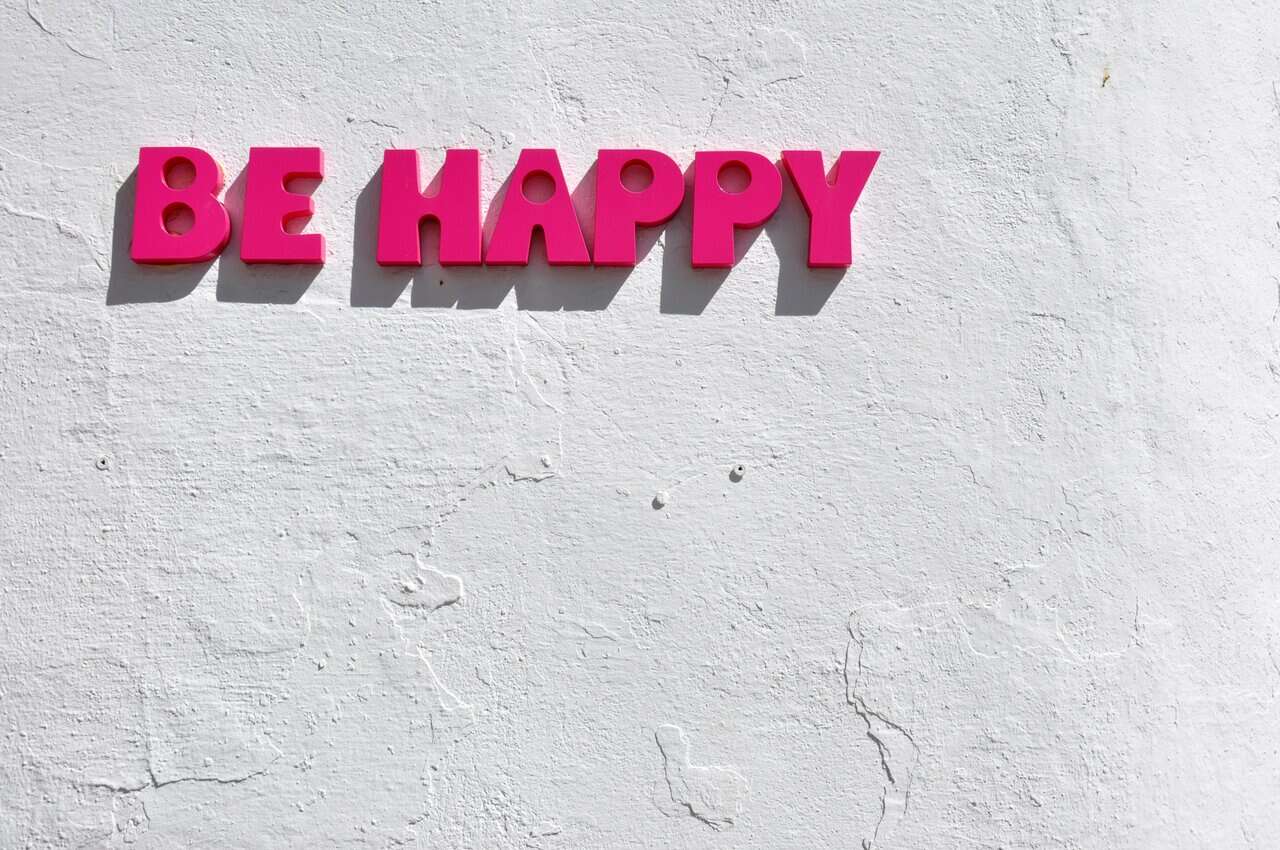Looking after yourself

No one can deny that the environment is a particularly distressing subject at the moment. As the effects of global heating become increasingly visible, and the actions taken to combat it remain few, we are becoming aware that society as we currently know it is going to disappear. This is an additional worry to add to our normal daily concerns. It’s perfectly normal to experience emotions such as anger, fear, impotence, grief or exhaustion. These are healthy reactions that show we are aware of the situation.
Given the circumstances, we need to make sure that we are neither paralysed by despair (“it’s too late”), nor by denial of reality (“if it’s not good news, I don’t want to hear it”). But nonetheless despair and good news are important aspects that need to be kept in balance.
- Work on acceptance : accepting the reality of the present changes and those to come, without being resigned to the worst.
- Let go : no one is perfect, and no one can do everything. We are all in this together, doing our best and gradually learning from our mistakes. In this case, perfect can be the enemy of good.
- Start small, with manageable goals, using the continual improvement method (kaizen). System and personal change is a marathon, not a sprint !
- Live in the moment and enjoy your friends and family. Reconnect to nature.
Practicing mindfulness can be helpful in working on the points above, and indeed the rest of this article.
- Be aware of the difference between blame and responsibility: we are not to blame for what previous generations have done, but we are responsible for our daily actions.
- Celebrate your victories, big and small : focus on enjoying the process, rather than only striving towards the final goal.
- Accept that some people won’t change. The decision to change habits and lifestyle can only result from of one’s own personal path.
- Learn and apply the principles of non-violent communication to respond to criticism, counter-arguments and unkind remarks which are often made by those who are not yet fully aware of the situation (and may never choose to recognise it).
- Find other like-minded people by joining discussion groups, in real life or if necessary online, or by setting one up if there isn’t one in your area.
Give yourself a break too!
Keep an eye out for good news, for example by following Instagram accounts such as @lesbonnesnouvelles or @wehaveawish, or subscribing to a positive news organisation (e.g. Positive News, Guardian Upside).
Get involved at a more societal level by joining an activist group (see November 17th article on public action).
If you are concerned about the risk of eco-anxiety, solastalgia, depression or burn-out, please don’t hesitate to see a specialist.
Further steps:
- Borrow a book about mindfulness, or use an app such as Petit Bambou or https://themindfulnessapp.com/.
- Read “Une autre fin du monde est possible” by Pablo Servigne, Raphaël Stevens and Gauthier Chapelle, or “The Five Stages of Collapse: Survivors Toolkit” by Dmitry Orlov.